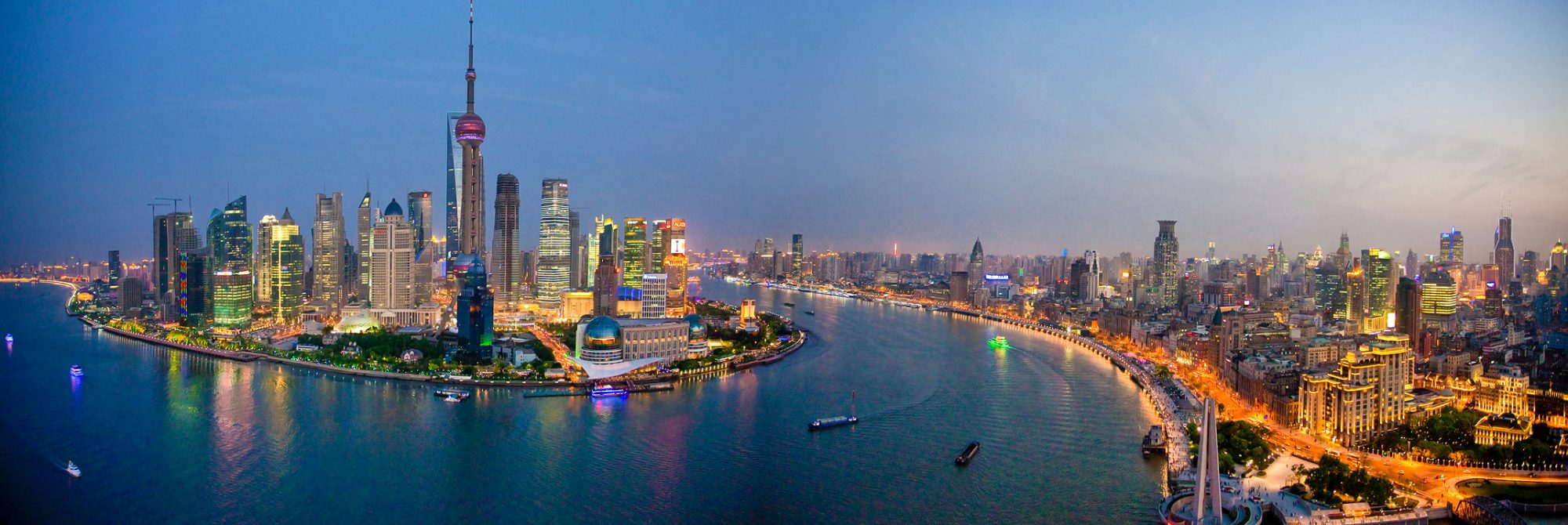The world’s two largest economies – United States and China – are considering imposing further restrictions on North Korea’s trade in coal, iron ore and crude oil, according to diplomats from UN Security Council countries.
The move comes in the wake of a fifth nuclear test conducted by Pyongyang last month and is aimed at forcing the North Korean leader Kim Jong Un to abandon further pursuit of his nuclear weapons programme.
On September 9, North Korea conducted its fifth and most powerful nuclear test to date, eight months after its fourth.
Britain’s ambassador to the United Nations also said the UN Security Council is “moving fast” by its normal standards to impose new sanctions against North Korea over its nuclear and missile tests.
The fresh attempt at sanctions requires backing from China, which has been providing support to its neighbour for its own personal motives – to avoid the presence of American and South Korean troops on its border – and a humanitarian crisis.
China accounts for more than 70 percent of North Korea’s trade and provides most of its food and energy supplies, according to the Council on Foreign Relations.
In March, the United Nations passed its toughest sanctions yet against the North Korean regime, but a loophole allows it to trade goods needed for “livelihood” or emergencies. China currently allows imports of coal and iron ore – both banned items under the UN sanctions list – from North Korea if the resources are not related to Pyongyang’s nuclear project.
Meanwhile, in a significant development, the Obama administration announced last week that it had sanctioned China’s Dandong Hongxiang Industrial Development and four of its executives.
The U.S. treasury accused the firm of laundering millions of dollars via American banks for North Korea’s Kwangson Banking Corporation, which has already been blacklisted by the U.S. and the UN for its involvement in the North’s nuclear and missile development.
Daniel Fried, coordinator for sanctions policy at the U.S. State Department, indicated at a recent Congressional hearing that more Chinese companies could be under investigation for suspected breach of North Korean sanctions.
Meanwhile, according to a report submitted for the U.S. National Assembly’s inspection of government agencies, the United States deployed its strategic assets, including strategic bombers and nuclear powered submarines, on the Korean Peninsula a total of six times this year.
Next week, the country is scheduled to dispatch the USS Ronald Reagan, a nuclear-powered aircraft carrier, to participate in a regular joint exercise between the naval forces of South Korea and the United States.
Two high-ranking officials from the North Korean embassy in Beijing meanwhile defected with their families last month, a source revealed.
One of the officials, who worked at a medical centre that treats the North Korean leader, has relatives in Japan, which was why he chose to defect to Tokyo rather than Seoul, according to reports,
South Korea’s Ministry of Unification was not able to confirm the defections on Wednesday.
Meanwhile, Samantha Power, U.S. ambassador to the UN, will visit South Korea on Saturday to discuss countermeasures in response to North Korea’s latest nuclear test, which has raised worries that the North is getting closer to nuclear weaponisation.
Washington is also stepping up diplomacy to further isolate Pyongyang from the international community.
Last week, Daniel Russel, U.S. assistant secretary of state for East Asian and Pacific Affairs, told a Congressional hearing that the U.S. had mobilised its embassies around the world to ask host governments to take further additional actions to “downgrade or sever diplomatic and economic ties” with the North.
Despite the hardline stand on North Korea’s N-weapons programme, two UN agencies will, however, provide emergency aid to North Korea after the latest floods that struck the country’s northeastern region, Pyongyang’s state media said on Wednesday.
The United Nations Office for the Coordination of Humanitarian Affairs (UNOCHA) and the UN International Children’s Emergency Fund (UNICEF) decided to offer assistance to North Korea to help in the recovery effort in North Hamgyong Province, according to the Korean Central News Agency.
Coincidentally, the latest nuclear test was conducted days after heavy rains pummeled the northeastern region.
http://www.bignewsnetwork.com/news/248273255/world-comes-together-to-further-isolate-north-korea-after-latest-n-test
